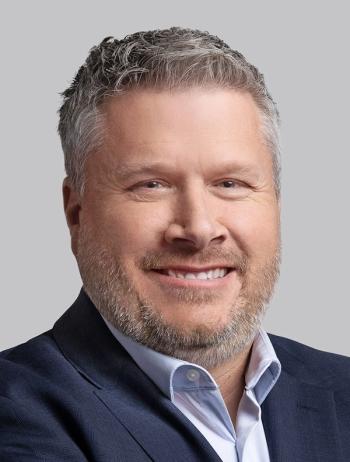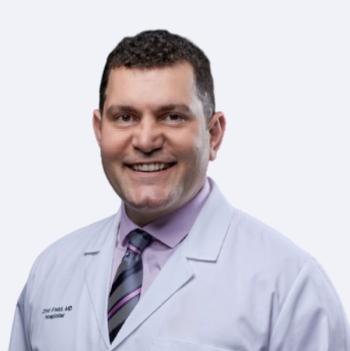
Physicians must advocate for themselves, individually and collectively
Many physicians feel they don’t have a voice in the process. Here’s how to get one and make it heard.
Editor's Note:
Physicians (MDs and DOs) are under more pressure than ever in recent history due to:
- government progressive laws and regulation compliance (ACA, HIPAA, and ARRA/HITECH),
- insurance network participation and the related stressors (HMOs, POS, PPOs, pre-certifications, prior-authorizations, copays, and deductibles),
- health information technology (EHRs, data privacy, and security),
- being forced into employment by hospitals and other entities,
- e-prescribing mandates in New York and other states,
- pharmacy benefit managers,
- hospital mergers, insurance mergers, and mega mergers of multiple entities (like CVS and Aetna).
Even our own, so-called, “organized medicine,” groups like the American Board of Medical Specialties (ABMS) and the American Osteopathic Association (AOA), want all government programs, hospitals, insurance companies, and all other administrative entities to require ongoing certification, at physician time and expense. Meanwhile, no data exists to support their assertions, showing only their conflict of interests: growing power and profits.
In the last 20 years, private practice and physicians in general have been targeted for extinction. The so-called “medical stakeholders,” including politicians, insurers, hospital association, pharmaceutical industry, health IT industry, and big business interests are out to profit at the risk of patient health and physician stability.
Physicians are time consuming (11+ years) and expensive ($500,000+) to educate. They are the tried and true model for healthcare and its management for thousands of years. The “stakeholders” are willing to compromise care to cut costs and increase their profit interests. Nurse practitioners, doctor of nursing practitioners, and physician assistants are all being touted and pushed toward independent practice by their education industries and through political lobbying. They represent less cost and fewer educational hours. But at what human cost?
As it is in all things: You get what you pay for. Otherwise, you get what someone else pays for, or you get nothing. Those who pay and assume risk are the only entities ideally qualified to choose.
We, physicians, must advocate for ourselves as both individuals and groups with common interests. The conundrum is that we must be separate and yet together. Pericles said, “You don’t have to be interested in politics but politics will be interested in you.” There are many organizations, both emerging and established, to work with. There are unified philosophy groups, free market groups, single-payer groups, socialized medicine groups, grassroots groups, political groups, religious groups, and hundreds of groups of every imaginable type and sort, or start your own for similar minded physicians.
These include:
•
•
•
•
•
This is in addition to specialty organizations, state medical organizations and national medical organizations. Washington, D.C., has its share of groups including the
When all else fails, legal action may be required. Individual physicians and groups have sued insurance companies (Aetna, UHC/Ingenix, BCBS among them). Physicians have even sued their own organized medicine “governing” organizations (AAPS vs ABMS for restriction of trade, Talone, et al vs AOA for restriction of trade, etc.).
Fight for issues that are important to you as a physician, family member, and taxpayer in your town, state, and country. Become a participant. Join a grassroots group. Make a small donation. Reach out with your ideas about how you can help. Help to strengthen the voice of practicing physicians by helping to create “strength in numbers.”
Use your voice and your feet to “vote” for what you think prudent.
Write articles, give interviews, go on social media, and organize patients and community meetings.
Communicate. No one knows your particular situation, career, job and life like you do.
Physician, advocate for yourself.
Newsletter
Stay informed and empowered with Medical Economics enewsletter, delivering expert insights, financial strategies, practice management tips and technology trends — tailored for today’s physicians.






